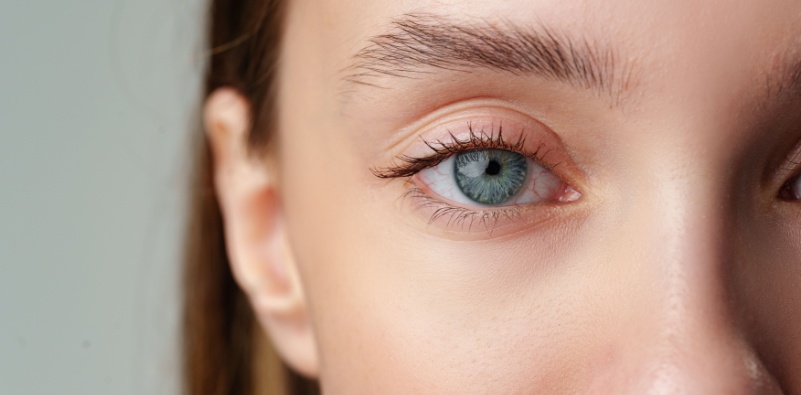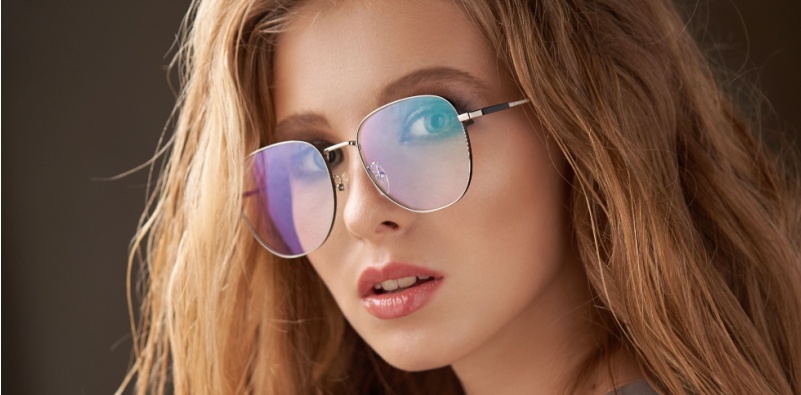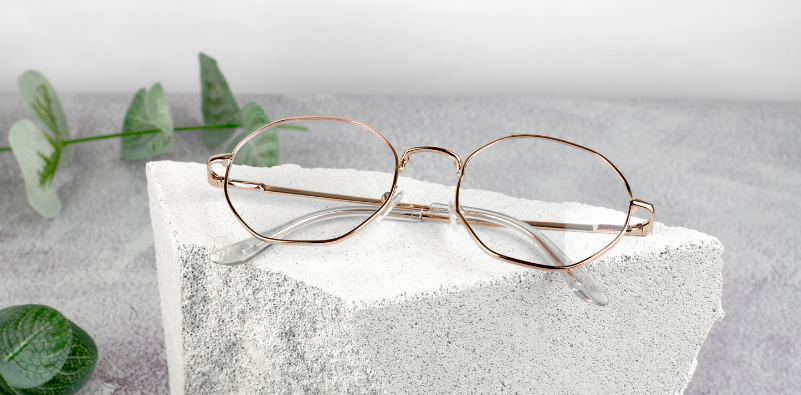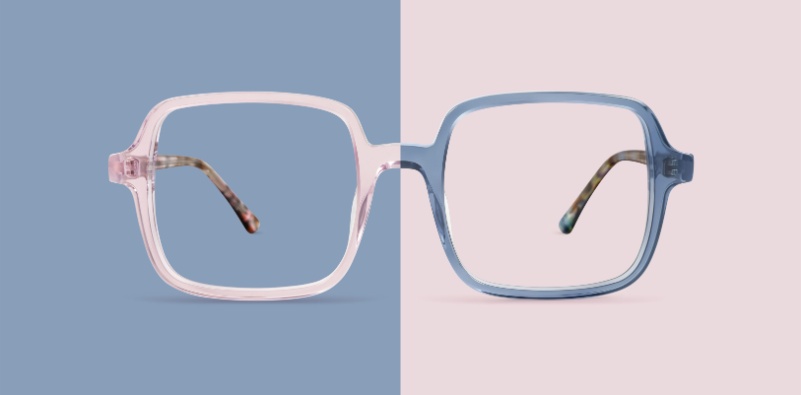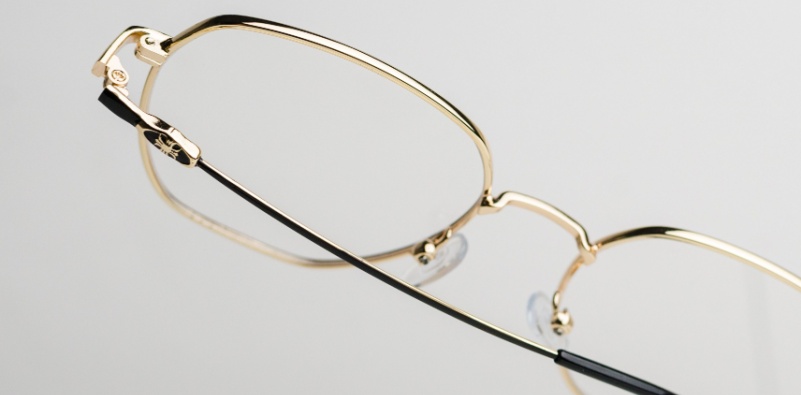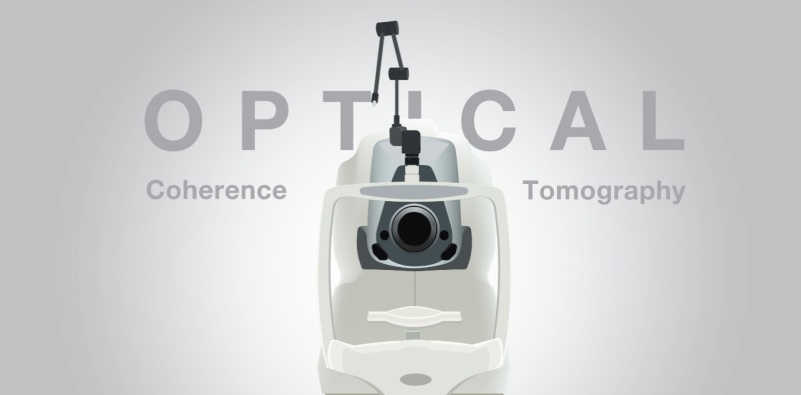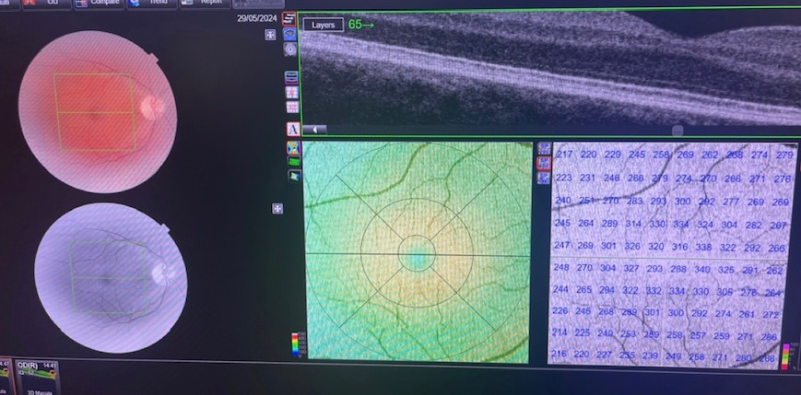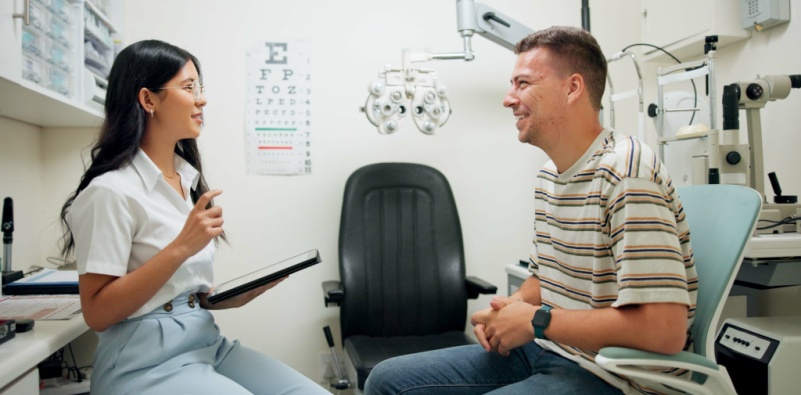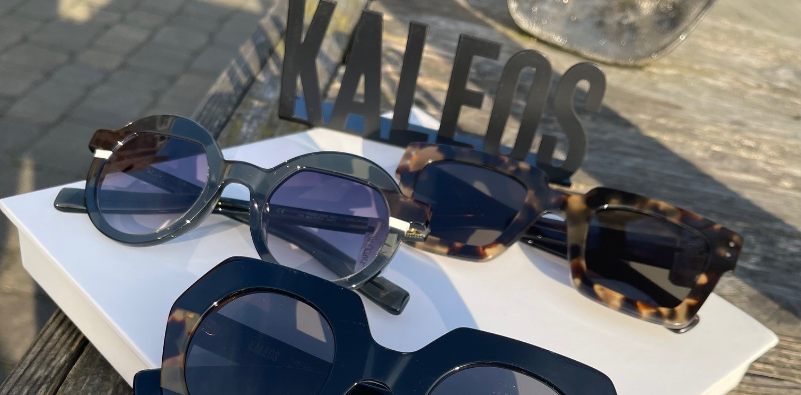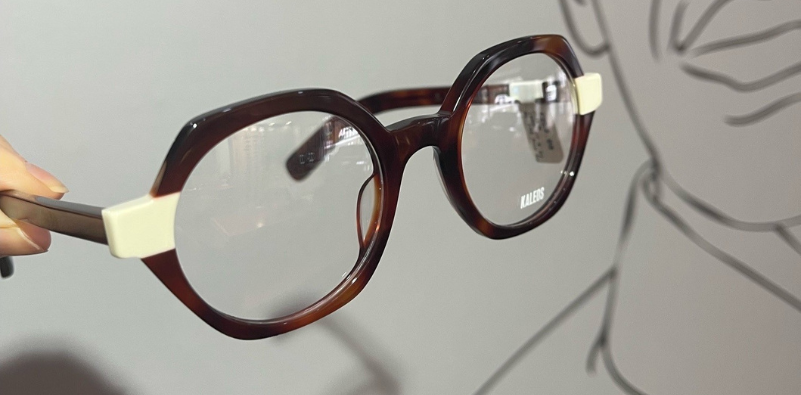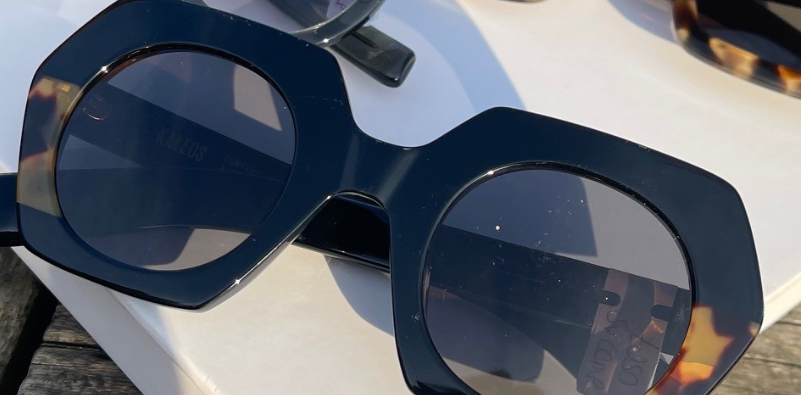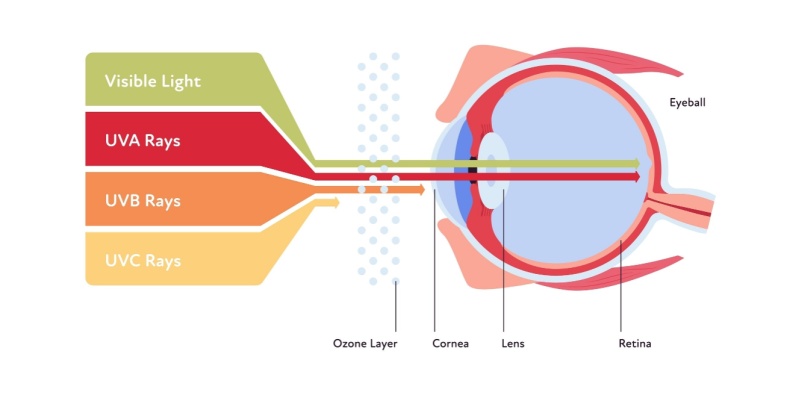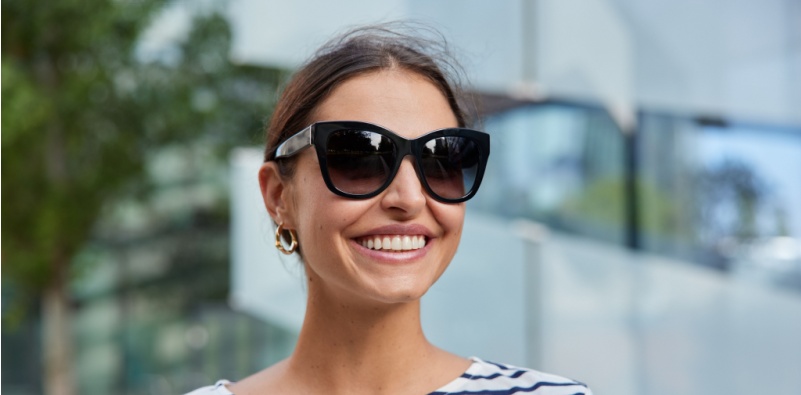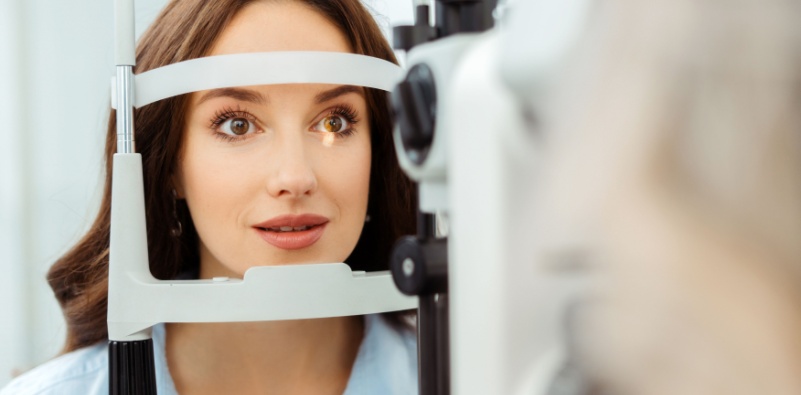Common Eye Conditions in Children Explained
From climbing trees to reading their favourite books, healthy vision is key to your little one living a full and active life.
Since there are several vision issues that commonly affect youngsters, it’s important to keep on top of their eye health. Correcting a problem early on could make a significant difference to their development, both socially and physically and to their overall wellbeing.
Let’s dive into some of the most common eye conditions in children, what to look out for, and how we can help ensure your child’s future looks bright.
Myopia (short-sightedness)

Myopia, or short-sightedness, is one of the most common eye conditions in children. It makes distant objects appear blurry while things up close stay clear.
This happens when the eyeball is slightly too long or the cornea is too curved. The good news is vision correction can help. As well as correcting vision, special myopia-control glasses and contact lenses can slow down myopia progression in children.
Hyperopia (long-sightedness)

Hyperopia is the opposite of myopia. Your child will be able to see distant objects fine but will struggle with focusing on anything close-up.
This condition occurs when the eyeball is a bit too short or the cornea isn’t curved enough.
Signs to watch for either myopia or hyperopia include headaches after reading, trouble concentrating on homework, or frequent eye rubbing.
Hyperopia can usually be corrected with glasses or contact lenses.
Astigmatism

Astigmatism happens when the eyeball isn’t perfectly round and is shaped more like a rugby ball, causing blurry or distorted vision at all distances. Your child might complain of headaches, have trouble seeing both near and far, or see halos around objects.
Glasses can also be made up to correct astigmatism, making it easier for your child to focus on their favourite activities. Toric contact lenses for astigmatism are also a vision correction option.
Amblyopia (lazy eye)
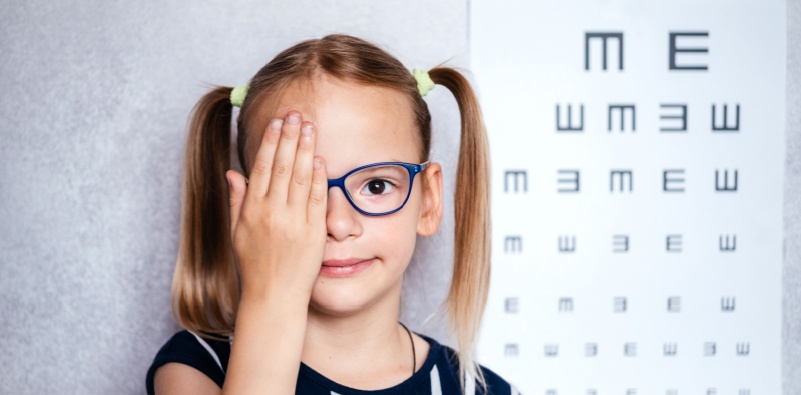
Amblyopia, or lazy eye, occurs when one eye doesn’t develop proper vision because the brain favours the stronger eye.
You might notice one eye wandering, poor depth perception, or your child closing one eye to see better. Early detection is key since amblyopia responds best to treatment before the age of seven. Treatment can include an eye patch or special glasses that strengthen the weaker eye.
Strabismus (crossed eyes)

What is strabismus? It’s when the eyes don’t align properly – one may turn inward, outward, upward or downward.
You may notice that your child’s eyes don’t always look in the same direction, especially when they’re tired. It can lead to amblyopia if not treated early on.
Treatment options depend on the severity and can range from glasses and eye exercises to surgery in more advanced cases.
Colour blindness
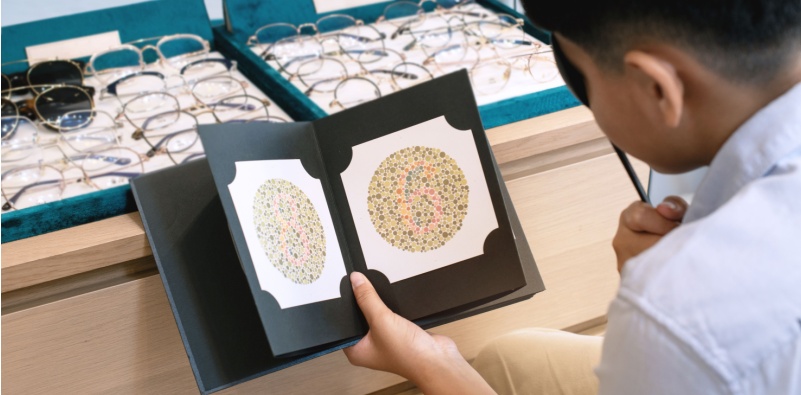
Colour blindness is an inherited condition that’s more common in boys. It makes it difficult to distinguish between certain shades, most often reds and greens.
Signs include using incorrect colours when colouring, struggling with colour-based activities, or difficulty telling colours apart.
While there’s no cure, we can teach your child strategies for dealing with colour-coded information.
Spotting eye conditions in children

Early treatment almost always leads to better outcomes for your child and their vision. Keep an eye out for the following warning signs of sight problems:
- frequent eye rubbing or blinking
- short attention span
- avoiding reading or drawing
- tilting head or covering one eye to see better
- frequent headaches or eye pain
- poor hand-eye coordination
You know your child best. If something seems off about their vision, it’s always worth checking.
Why regular eye exams matter

Kids don’t always realise they’re struggling to see—they might think the way they see the world is normal. That’s why regular children’s eye exams are so important.
Our team carries out children’s eye exams in a relaxed environment while making them fun. Using child-friendly equipment and a warm, welcoming approach, we ensure your little one feels at ease.
Get in touch to book an appointment—your child’s eyes (and future self) will thank you!



